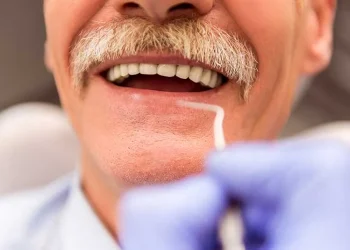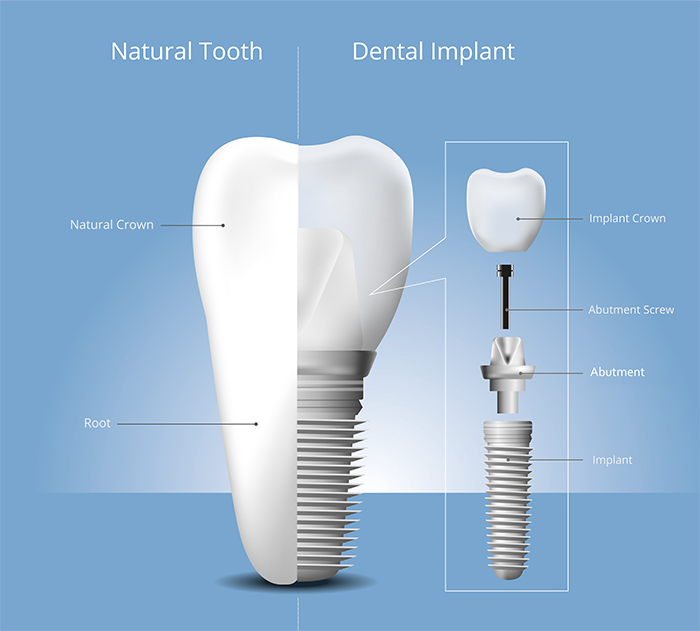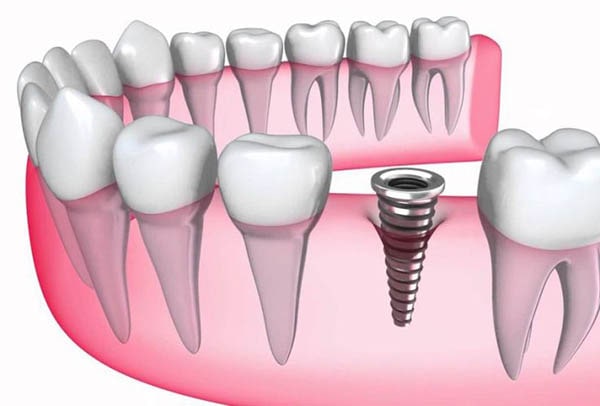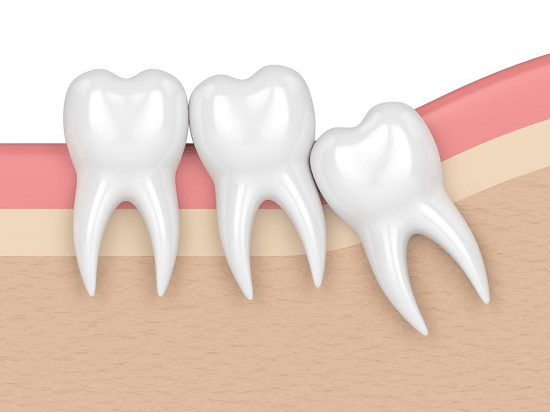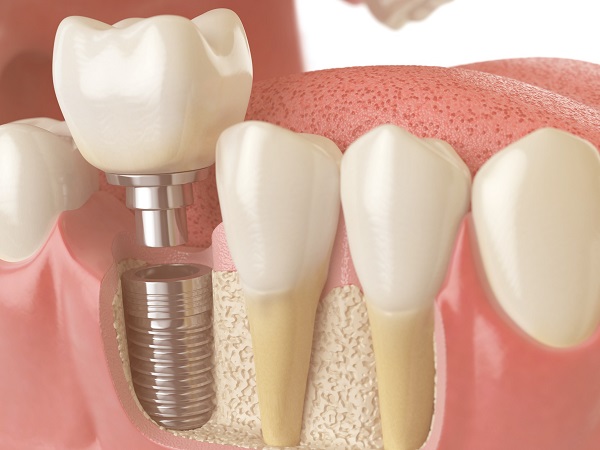Contents
Reverse Bite: Causes and Treatments
The way our teeth fit together is important for proper chewing, speaking, and overall oral health. When the upper teeth do not fit properly with the lower teeth, it can cause a variety of issues. One such issue is a reverse bite, also known as a crossbite or underbite. In this article, we will discuss what a reverse bite is, its causes, and the treatment options available.
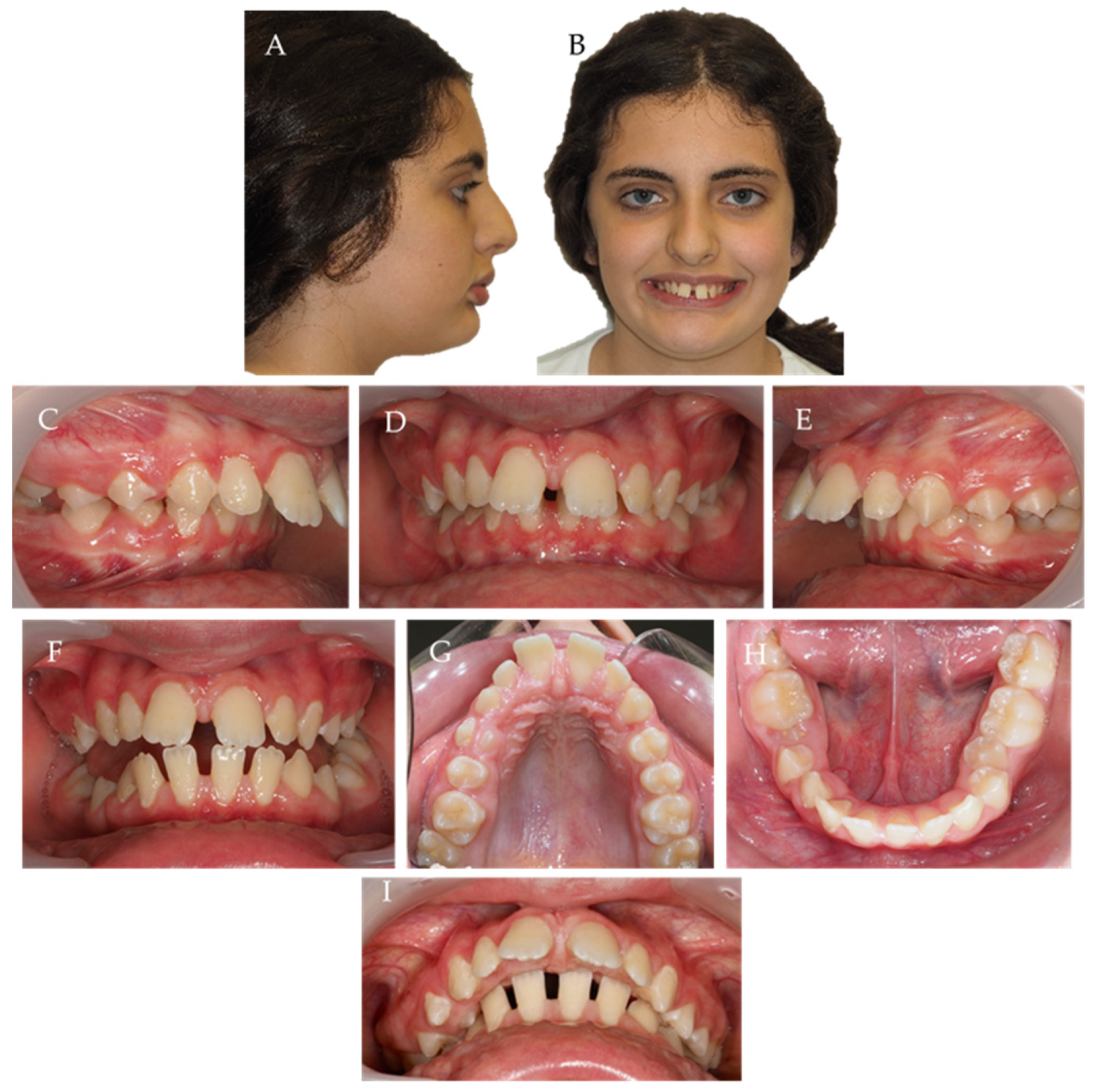
What is a Reverse Bite?
A reverse bite occurs when the lower teeth sit in front of the upper teeth when the jaw is closed. This means that the lower jaw protrudes forward or the upper jaw is pushed back. The result is that the lower teeth close in front of the upper teeth, instead of behind them. This misalignment can cause problems with chewing, speaking, and even breathing in severe cases.
Causes of a Reverse Bite
A reverse bite can happen due to many different factors. One of the most common causes is genetics. If a parent or family member has a reverse bite, there is a higher chance that their child may have one as well. Other causes include childhood habits such as thumb sucking or prolonged pacifier use, as well as dental issues such as missing or misaligned teeth.
Genetics
Genetics is one of the most common causes of reverse bite. If one or both parents have an underbite, their child is more likely to develop the same condition due to genetic factors. The genes that cause a person’s jaw to grow can contribute to the development of an underbite.
Childhood Habits
In addition to genetics, childhood habits can also cause this situation. Habits such as thumb sucking, tongue thrusting, and prolonged pacifier use can put pressure on the teeth and jaw, which can cause the lower jaw to grow faster than the upper jaw and result in an underbite. It is crucial to correct these habits at an early age to prevent the development of a reverse bite.
Abnormal Jaw Growth
Sometimes, abnormal jaw growth can lead to underbite. This condition can be caused by various factors, including birth defects, injury to the jaw, or issues with the temporomandibular joint (TMJ). Abnormal jaw growth can have a significant impact on the appearance and function of the jaw, making it important to address the issue as soon as possible.
Missing or Misaligned Teeth
Missing or misaligned teeth can also contribute to the development of a reverse bite. When teeth are missing or misaligned, it can cause the lower jaw to shift forward, resulting in an underbite. Orthodontic treatments such as braces or clear aligners can be used to correct the issue and prevent further complications. It is important to address missing or misaligned teeth as soon as possible to prevent the development of this issue and other dental problems.
While genetics, childhood habits, abnormal jaw growth, and missing or misaligned teeth are all factors that can contribute to the development of a reverse bite, there are various ways to address and correct the issue. It is important to seek professional help and treatment as soon as possible to prevent further complications and improve the function and appearance of the jaw.
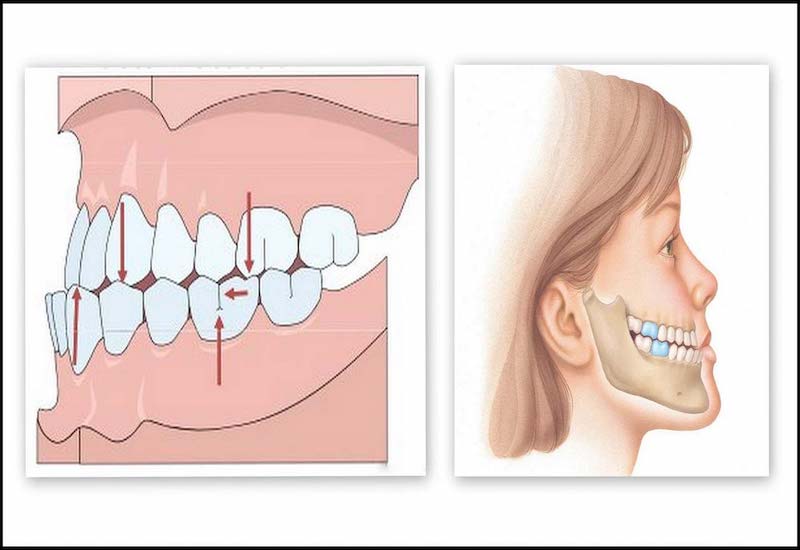
Effects of Reverse Bite
Dental Problems
Reverse Bite can cause various dental problems, including tooth decay, gum disease, and difficulty in maintaining oral hygiene. The misalignment of teeth can make it challenging to brush and floss properly, leading to plaque buildup, cavities, and gum inflammation.
Tooth decay is a common problem that occurs when the bacteria in the mouth produce acids that attack the tooth enamel. When the teeth are misaligned, it can be difficult to reach all areas of the mouth when brushing and flossing, which can lead to plaque buildup and eventually tooth decay. Additionally, gum disease is another dental problem that can arise from underbite. The misalignment of teeth can make it easier for bacteria to accumulate and cause inflammation of the gums, which can lead to gum disease.
Speech Difficulties
Speech difficulties can be a significant source of frustration for individuals with a reverse bite. The misaligned teeth can interfere with the proper placement of the tongue and lips, making it difficult to produce certain sounds. This can lead to communication problems and even social isolation, as individuals with speech difficulties may feel embarrassed or self-conscious.
Jaw Pain and Headaches
Jaw pain and headaches are common symptoms of underbite. The misalignment of teeth can put pressure on the jaw muscles, leading to pain and discomfort. Over time, chronic pain occurs and is not easy to manage. Additionally, headaches and migraines can be a side effect of the strain on the jaw muscles, further affecting a person’s daily routine and quality of life.
Treatment Options for Reverse Bite
The treatment for a reverse bite depends on the severity of the misalignment. In mild cases, orthodontic treatment such as braces or clear aligners may be enough to correct the issue. In more severe cases, surgery may be necessary to reposition the jaw. It is important to seek treatment for a reverse bite as early as possible to prevent further complications.
Orthodontic Treatment
Orthodontic treatment is an effective process that can help to correct an underbite. This treatment involves the use of braces or clear aligners that slowly move the teeth into their proper positions over a period of several months or years. The use of these orthodontic appliances is often the first line of treatment for correcting an underbite, and it is usually recommended as the first step.
In some cases, additional orthodontic appliances may be required to achieve the best results. For instance, headgear can be used to pull the upper jaw forward, while rubber bands can be used to move the teeth into the desired position. These appliances are typically used in combination with braces or clear aligners to achieve the best outcome.
Surgery
In more severe cases, orthodontic treatment alone may not be enough to correct an underbite. Surgery may, therefore, be necessary. Orthognathic surgery is a procedure that involves moving the upper jaw forward, realigning the teeth, and correcting the underbite. It is typically performed by an oral surgeon and requires a period of recovery time afterwards. Although this process can be quite involved, it is often very effective for correcting severe underbites.
Chin Cap
A chin cap is a non-surgical treatment option for underbite, which is usually recommended for children. The chin cap is a device that is worn over the head and under the chin, applying gentle pressure to the chin and encouraging it to grow in a more forward direction. This treatment is usually combined with orthodontic treatment to achieve the best results. By wearing the chin cap regularly, the patient can help to correct their underbite without the need for surgery or other invasive treatments. In addition, the chin cap is a relatively painless treatment option that is well-tolerated by most patients.
Treating Reverse Bite at Home Dental
Underbite is a common dental problem that occurs when the lower teeth protrude further than the upper teeth. It can lead to various dental issues such as difficulty in chewing, speech problems, and jaw pain. However, treating underbite can be expensive, and many people avoid getting treatment due to the associated costs. Here are some benefits of treating underbite at Home Dental:
Quality Dental Care
Home Dental is a reliable dental clinic which provides high-quality dental care services to its patients. The dentists and staff are well-trained and experienced in providing a wide range of dental treatments, including routine check-ups, cleanings, fillings, extractions, implants, and especially treatments for reverse bite. They use the latest technologies and techniques in the field of dental treatment, providing patients with the best dental care possible.
Personalized Treatment Plans
To ensure that patients receive the most effective dental care, dentists and staff at Home Dental provide personalized treatment plans that cater to the unique needs of each patient. The dentist takes the time to understand the patient’s dental history, current oral health, and any concerns or goals before recommending a treatment plan. This personalized approach to treatment ensures that patients receive the most appropriate care for their specific needs.
Comfortable and Relaxing Environment
At Home Dental, patients can expect to receive dental care in a comfortable and relaxing environment. The clinic is designed to provide a calm and welcoming atmosphere, with modern amenities and the latest dental technologies to ensure that patients feel comfortable and at ease during their visit. Additionally, the dental team takes the time to explain procedures and answer any questions patients may have, helping to further reduce any anxiety or stress associated with dental appointments.
A reverse bite is a dental issue that can cause problems with chewing, speaking, and breathing. It is caused by a variety of factors including genetics, childhood habits, and dental issues. Treatment options range from orthodontic treatment to surgery. If you suspect that you or a loved one may have a reverse bite, it is important to seek the advice of a dental professional.


